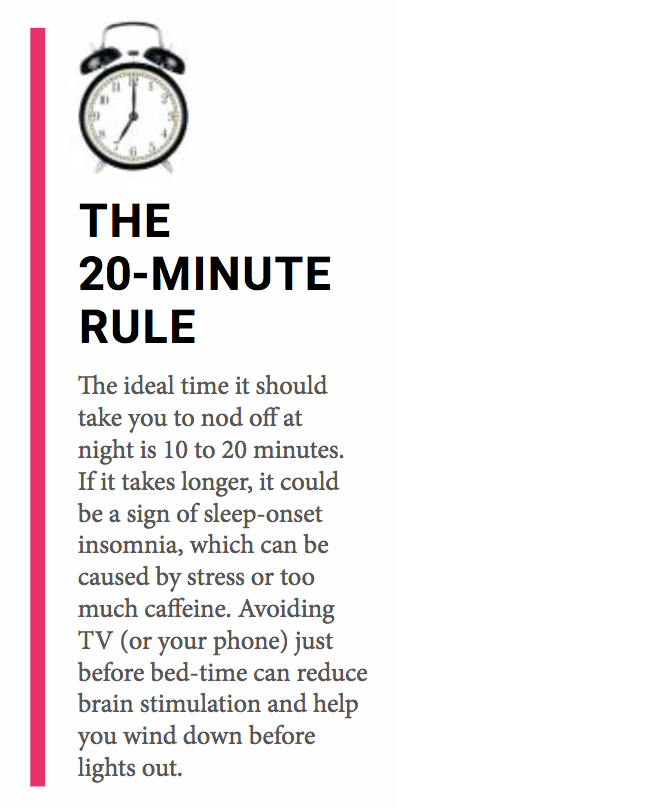
Research finds the genes playing a large role in our sleeping patterns

Understanding what contributes to getting a peaceful night’s sleep is of paramount importance to our over-worked, ultra-stressed society.
Various studies have found connections between your genes and sleep patterns, but one of the most specific finds was from recent research led by Jason Gerstner at Washington State University’s College of Medicine. Through studying mice, researchers found that when the FABP7 gene was disabled in the rodents, their sleep pattern was more disturbed than mice with the functioning gene.
Research later found that in a sleep study of 300 men, 29 had a variant of the FABP7 gene. These 29 males had a more fitful sleep, waking more regularly than the participants with the ‘normal’ FABP7 gene.
Another study, published in Cell, found that the CRY1 gene affects our body clocks, and having a variant of this gene can mean that people seem out of sync with the day. People with this variant might find it difficult to sleep at night or wake in the morning because their bodies are a few hours behind. Hopefully, future research will find ways to help people with these gene variants resolve their troubled sleep.

